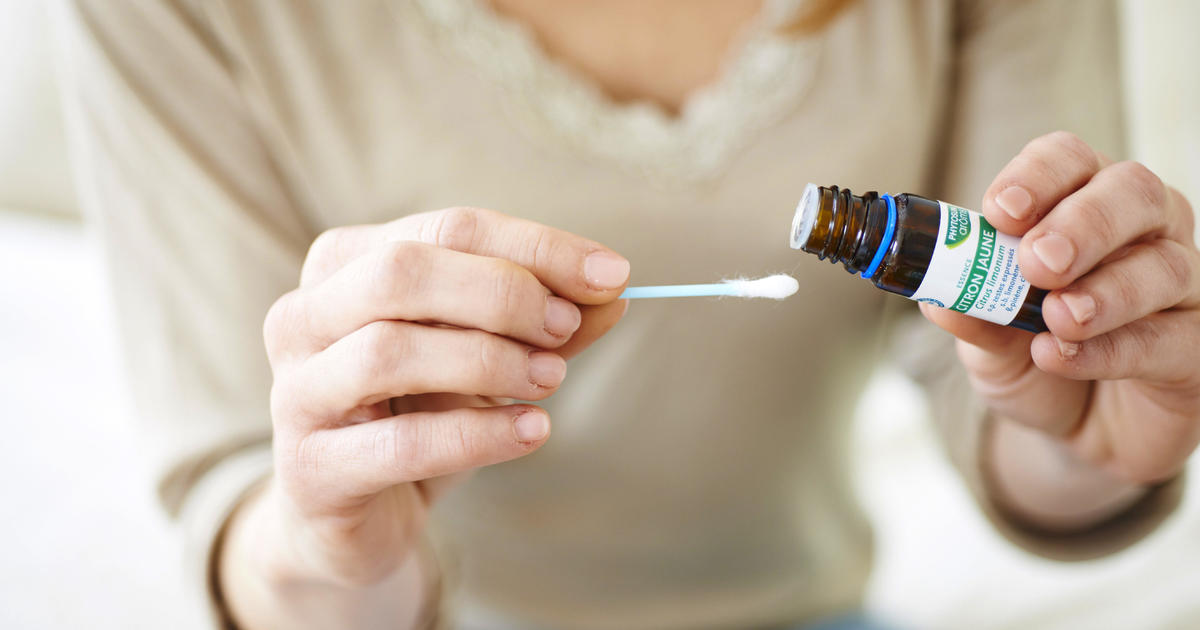

No response returned

is a professor of clinical education at .
The history of using essential oils and their aromas to improve health and well-being . Like today, patients would inhale or topically apply these oils, which were typically extracted from plants – from leaves to flowers to roots to bark.
But not until the 1930s was this form of therapy considered to have true potential in mainstream health care. That was when Rene Maurice Gattefossé, a French chemist who coined the word aromatherapie, wrote extensively .
Today, depending on whom you talk to, aromatherapy comprises anything from pleasant odors associated with personal hygiene and cleaning products to a .
As a , I've taught nursing students everything from intensive care to end-of-life support. Since becoming an aromatherapist in 2016, I've tried to determine how this practice could fit into the health care community and how hospitals and clinics might use aromatherapy as adjunct support for different kinds of ailments.
Aromatherapy is not approved by the U.S. Food and Drug Administration for treatment of any medical condition. This is one reason why many clinicians are . They also say there's not sufficient evidence to show that it works – nor do most have any training in aromatherapy.
Conversely, public acceptance of aromatherapy . But this is not always a good thing. Although information about aromatherapy abounds on the internet, many of the claims are based on personal experience. This is not scientific evidence.
Yet millions of Americans subscribe to expensive multilevel marketing strategies that seem to suggest anything and everything is treatable with essential oils. But as with any substance, there are risks as well as benefits to using them – and sometimes, the information found online neglects to mention those risks.
Though studies supporting the efficacy of aromatherapy are , they do not always . In my own research, I have found that many studies on aromatherapy are flawed.
Here are just some of the problems: Exactly which essential oil was used is often not mentioned in these studies. How much essential oil was used, and for how long, is not always accurately described. The qualifications of the practitioner are frequently missing. Study participants may have a poor sense of smell, or a personal aversion to certain smells, which could skew results. The studies don't always provide clear explanations on . Some have few participants, and many are done only on animals.
Also, some essential oils have many varieties; for example, some types of lavender may have calming properties, yet others are known for clearing of the sinuses. This is a critical distinction that may not be understood by the authors of these studies.
The good news: Efforts are underway to improve the quality of research, and the .
According to the National Cancer Institute, a growing body of studies shows aromatherapy can improve the and help reduce .
The National Center for Complementary and Integrative Health notes that essential oils may be used for insomnia, pain, anxiety and for cancer treatment – though, again, .
Researchers are exploring whether aromatherapy and .
A 2021 meta-analysis of clinical trials revealed that the essential oil . Based on this, it is reasonable to think that using bergamot via inhalation may reduce anxiety. It is also by the FDA.
The was founded in 2021 and has created a checklist to assess the quality of aromatherapy studies. This is foundational work to try to get aromatherapy research up to the highest standards.
Inhalation of the essential oil – small cylinder-shaped tubes about the size of a lipstick container with a wick containing essential oils – or patches worn by the patient, or diffusers using either cool water vapor or ultrasonic dispersal.
For topical applications, essential oils do not dissolve in water, so use of a vegetable or other oil is necessary to dilute and decrease their concentration.
But before introducing essential oils into your life, you first have to find accurate information about them. There are working to maintain a .
There is nothing wrong with searching for natural and clean products that might help you. This is why so many people are attracted to beautiful essential oils and their lovely aromas. Just remember that natural and beautiful does not mean they work – or that the oils are without risk.
This article is republished from under a Creative Commons license.





